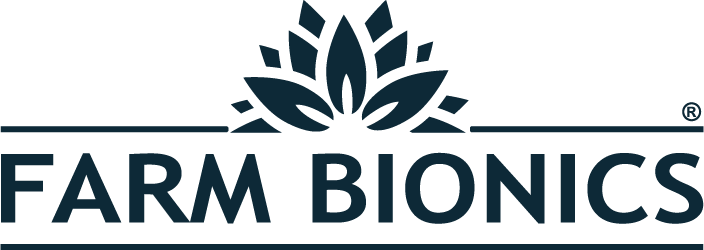FOOD AND DIET TIPS
FOOD AND DIET TIPS
When it comes to dietary intake, it’s important to take care of the health according to the body type, requirement, habit, geographic location and need. At the time of pandemic when you are taking necessary precautions to save your life, try and take diet and fill up the daily wants of your body. Diet shouldn’t be to starve and stay away from the food you love, rather enjoying the diet and enhancing the great feeling of health and boosting the mood.
The cornerstone of a healthy diet should be to replace processed food with real food whenever possible. Eating food that is as close as possible to the way nature made it can make a huge difference to the way you think, look, and feel.
The fundamental of healthy eating includes-

Protein– this is one of the most important nutrient body needs in one go, for improving moods and cognitive function, but to fill the body with required protein intake does not mean to have more of animal-based products. One can also eat plant-based sources of protein.
Fat– whenever we hear the term ‘fat’, we have an instant insight of bad fats, when there are fats which are bad and give ill-effects to the body, there are certain fats which can good for the overall brain and heart functioning, which includes fats like omega 3s which are vital for the body’s physical and emotional wellbeing.
Fiber– Eating foods high in dietary fiber (grains, fruit, vegetables, nuts, and beans) can help you stay regular and lower your risk for heart disease, stroke, and diabetes. It can also improve your skin and even help you to lose weight
Calcium– As well as leading to osteoporosis, not getting enough calcium in your diet can also contribute to anxiety, depression, and sleep difficulties. Whatever your age or gender, it’s vital to include calcium-rich foods in your diet, limit those that deplete calcium, and get enough magnesium and vitamins D and K to help calcium do its job
Carbohydrates- are one of your body’s main sources of energy. But most should come from complex, unrefined carbs (vegetables, whole grains, fruit) rather than sugars and refined carbs. Cutting back on white bread, pastries, starches, and sugar can prevent rapid spikes in blood sugar, fluctuations in mood and energy, and a build-up of fat, especially around your waistline.
Moderation: important to any healthy diet-
What is moderation? In essence, it means eating only as much food as your body needs, one should feel satisfied after finishing the diet, the urge of eating more and feeling half is not moderation. A complete meal is said to be complete for the body only when the desire is complete and the hunger satisfies.
Try not to think of certain foods as “off-limits.” Banning certain foods in foods which you love naturally adds to want them more. Start by reducing the large portion of meals into a smaller one, try and reduce the quantity, as this ultimately helps in less craving.
Take your time. Start thinking about the nourishment more rather than bare eating in free time. Brain informs the body immediately that the enough food is being consumed. So slow eating helps, but one must not stop before they feel full.
Eat with others whenever possible– one can notice by himself or herself that overeating is more when you sit in front of tv or computer, because you do brainless eating, as the concentration is divided at both the ends.
Limit snack foods in the home. Limit your snack and try eating according to the requirement, and when you know you have achieved your target, reward yourself with a treat.
Control emotional eating. Eating is not always about satisfying hunger, we often eat when we feel emotional, stressed, alone, depressed. Controlling emotional eating helps in resolving many unwanted calorie intake.

